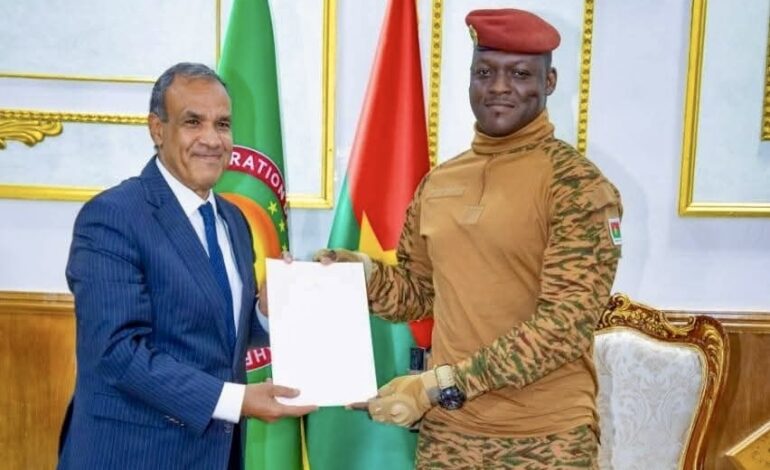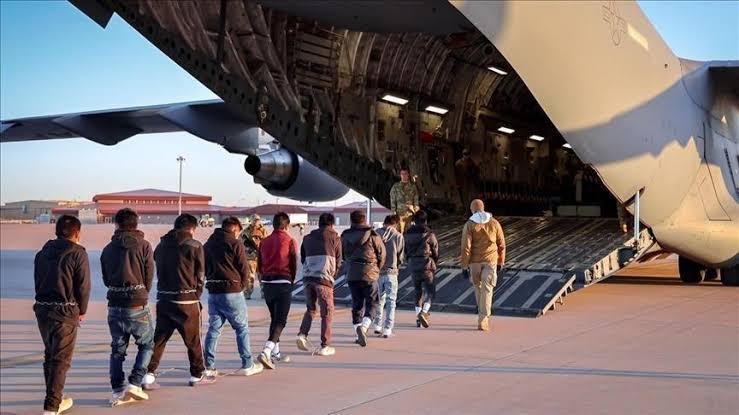
Faith Nyasuguta
Outrage is mounting in Eswatini after the United States quietly deported five foreign men to the small southern African kingdom under a secretive deal that local opposition leaders and activists have branded “human trafficking disguised as deportation.”
Eswatini, Africa’s last absolute monarchy, ruled by King Mswati III since 1986, found itself in the global spotlight last week after receiving the five men – from Vietnam, Jamaica, Laos, Yemen and Cuba – who were flown in on a US government-chartered plane. The deportations follow a US Supreme Court ruling last month allowing America to send certain foreign nationals to so-called “third countries” when their home countries refuse to accept them back.
Speaking at a tense press briefing, Thabile Mdluli, a government spokesperson, confirmed that the men would be imprisoned for “around 12 months,” but added that this could change “depending on circumstances and negotiations.” Mdluli said Eswatini could accept more deportees in future “subject to available facilities.” The US has already deported eight people to South Sudan – reportedly holding them for weeks in a shipping container in Djibouti – and over 200 Venezuelans to El Salvador under similar arrangements.
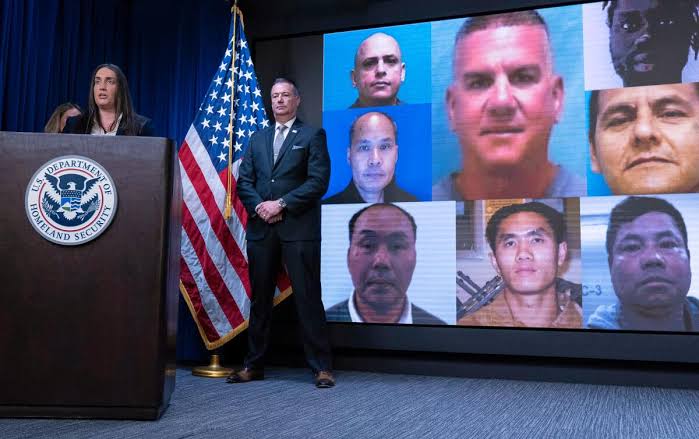
Tricia McLaughlin, an assistant secretary at the US Department of Homeland Security, defended the deportations in a post on X. She said the men were convicted criminals – including a child rapist and a murderer – who were “so uniquely barbaric that their home countries refused to take them back.” “These depraved monsters have been terrorising American communities but they are now off US soil,” she wrote.
But that explanation has done little to calm critics in Eswatini, who argue the opaque deal threatens national security, human rights and Eswatini’s already fragile democratic space.
The People’s United Democratic Movement (Pudemo), Eswatini’s biggest opposition party, issued a scathing statement: “Pudemo vehemently condemns the treacherous and reckless decision by King Mswati III’s regime to allow the United States to dump its most dangerous criminals on Swazi soil. This is not diplomacy but human trafficking disguised as a deportation deal.”
A coalition of seven women’s rights organisations delivered a strongly worded petition to the US embassy in Mbabane on Monday, demanding the deportees be removed immediately and that the public be told the full terms of the deal. “This was done without consultation, without transparency, and puts vulnerable people at risk – especially women and girls,” the groups said.
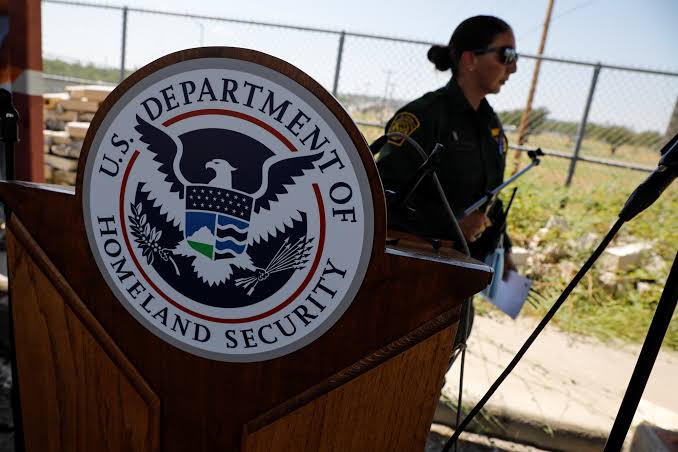
Outside the embassy, protesters held colourful signs reading “Eswatini is not a prison for US rejects” and “Whose taxpayers?” – demanding to know who benefits from the secret arrangement.
Adding fuel to the fire, the coordinating assembly of NGOs, Eswatini’s main civil society network, slammed the “stigmatising and dehumanising language” used by US officials. They called for the agreement to be suspended and made public, warning that turning Eswatini into a dumping ground for foreign criminals undermines the rule of law and makes citizens unsafe.
Eswatini’s government, however, has defended its decision. Prime Minister Russell Dlamini told local reporters the country’s prisons are more than capable of safely handling the five men. “We are already holding inmates who have committed more dangerous crimes,” he said, brushing aside fears that the new prisoners pose a greater threat than domestic criminals.
Prison service spokesperson Baphelele Kunene said the men were being held at a high-security facility and would be treated no differently from other inmates. “They eat the same food, follow the same rules, and must respect prison protocols,” Kunene said.
But the controversy touches a deeper nerve in Eswatini, where critics say the monarchy rules with an iron fist, silences dissent and leaves citizens with little say in major national decisions. The US State Department’s 2023 human rights report on Eswatini noted credible reports of unlawful killings, torture and harsh prison conditions.
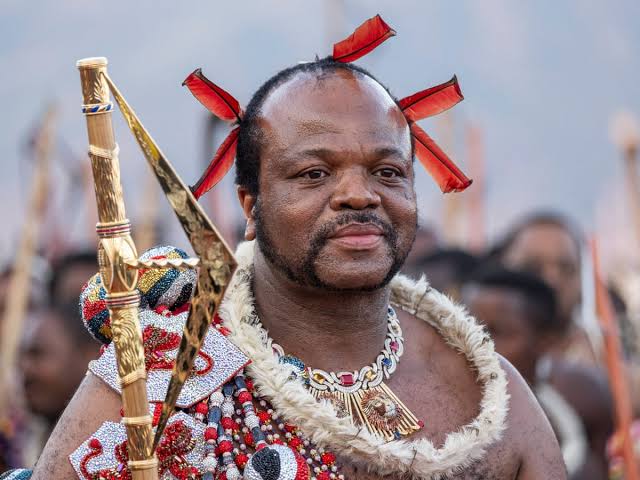
Political parties are banned from contesting elections, a system the monarchy defends as uniquely “Swazi democracy” but which opponents say stifles pluralism. Last year, Pudemo’s leader, Mlungisi Makhanya, was allegedly poisoned in South Africa in what the party called an assassination attempt – a claim the government denies.
While Eswatini’s leaders frame the deal as a pragmatic way to earn revenue from Washington and strengthen ties with the US, many citizens see it as the latest example of decisions made behind closed doors, without public consent.
“This is not the kind of international partnership we want,” said one protester outside the embassy. “We want development, investment and respect for our people – not secret deals that make us the dumping ground for America’s problems.”
For now, the deportees remain in solitary confinement behind Eswatini’s high prison walls. The question for many Emaswati now is: will their voices change anything, or has the deal already sealed the kingdom’s new role in America’s deportation machinery?
RELATED:







